Scrolling through Facebook during the interminable COVID-19 pandemic can be a herculean task for the healthcare professional confronted with posts spouting medical jargon and perceived healthcare knowledge not supported by rationale or evidence. This experience may lead one to the following questions, “Do I have an imperative as a healthcare professional to counter these statements with facts, or am I supposed to let them go unanswered; and if I let them go unanswered, what are the possible outcomes?”
Informal queries of other healthcare professionals about this topic yielded the following results: Some think that we have a duty to correct inaccurate statements with evidence-based information, while others think that people will believe what comfortably fits into their personal narratives even when countered with accurate data and facts that may prove otherwise. Are we obliged as a healthcare community to correct misinformation, and if so, how do we go about it?
Social media includes social networking sites, blogs, virtual communities, and content hosting sites. Within social media are a variety of platforms for sharing personal and professional information, images, and videos with family, friends, and followers; however, social media sites may also be the only platforms from which some people gain new information, including information related to health. According to Ortiz and Gupta, 74% of people accessing the internet in the United States are active in social media, and of those using social media, 80% are searching for health-related information. This raises a new concern: The cautious nature of our healthcare industry and privacy concerns has kept health-related information on some social media sites (Facebook, specifically) fairly unsophisticated. Physicians tend to avoid the more relational sites, such as Facebook, because of the potential to interact with patients and concerns over liabilities, confidentiality, and professional misconduct. The lack of medical expertise presence may unintentionally perpetuate the sharing of medical misinformation by unwitting social media users.
People who have certain beliefs may surround themselves with like-minded social outlets to perpetuate their own mental models. In fact, Pazanese notes that “…bubble dwellers can become cocooned in a media echo chamber that not only feeds faulty information to audiences but anticipates criticisms in order to “prebut” potential counterarguments…encounter[ed] from outsiders, much the way cult leaders do”. Breaking into these bubbles and dismantling mental models takes time and effort with assistance from public health officials dedicated to sharing only accurate health news.
When new information is misleading, lacking context, or blatantly incorrect, the result is the spread of content that is not scientifically supported and, therefore, untrue. According to Dizikes, an investigation of Twitter demonstrated that false news stories were 70% more likely to be re-tweeted than were true news stories. This highlights the need for replicable research surrounding the issue of preventing the spread of false information on social media. History tells us changes can be made. A similar problem in the early 20th century precipitated the development of legitimate news sources, primarily newspapers, that promoted objectivity and credibility. While the internet can seem like the black hole of content, hopefully, solutions can be implemented to mitigate the spread of misinformation.
In the meantime, healthcare professionals with access to peer-reviewed journals, current reliable research findings, and medical expertise may have an imperative to douse the flames of confusing and unreliable medical information that spread like wildfire on social media sites. This can be done without breaking confidentiality and without causing never-ending social media arguments.
There are several factors that may help the healthcare professional to know when and how to correct false statements on social media:
- Step back for a moment. This gives the mind time to reduce the emotional reaction, to think logically, and to create objective replies. Very little good comes from immediate passionate rebuttals (Overton & Lowry).
- When the decision is made to move forward with a reply, construct the post in a way that finds common ground, demonstrates empathy, and provides humor to defuse any potential arguments preliminarily (Overton & Lowry).
- Use knowledge, experience, and/or evidence to support statements since it is difficult to argue with experience and reliable research results. Make statements clearly and at a level that anyone can understand without changing meaning.
- If posts are being shared that have been checked for source, author, date, supporting evidence, and/or bias and are clearly inaccurate, biased or out-of-date, report them to the hosting social media platform(s) (World Health Organization).
- Debunking every inaccuracy and conspiracy theory can actually lend them credence, so choose battles wisely. If you decide to reply, present statements with accurate, supported information and then consider reporting the initial post(s) to the hosting social media platform (Pazanese).
In truth, everyone could use some intellectual humility right now as the entire world navigates a new virus, new treatments, new policies and procedures, and possible permanent changes to our lives. Even healthcare providers and public health officials have made miss-steps along the way; however, healthcare professionals have more experiential knowledge and access to current credible research findings than the non-medical person. Therefore, until more permanent solutions are created, the healthcare professional may have the imperatives to correct misinformation and to share accurate health news within social media platforms as the world collaborates for answers.
Ruthie LaMar is a member of the nursing faculty in the college of health professions at Western Governors University in Salt Lake City, Utah.
References
Dizikes P. (2018). Study: On twitter, false news travels faster than true stories. MIT News. news.mit.edu/2018/study-twitter-false-news-travels-faster-true-stories-0308
IMS Institute for Healthcare Informatics. (2014). Engaging patients through social media. west-info.eu/patients-use-social-media-for-healthcare-information-study-finds/ims-institute-report-2/
Hernandez D. (2013). How Facebook is transforming science and public health. Wired. wired.com/2013/02/how-facebook-is-changing-science-and-health-care/
Ortiz A, Gupta C. (2017). The impact of social media in healthcare. The Medical Care Blog. themedicalcareblog.com/impact-of-social-media-in-healthcare/
Overton AR, Lowry AC. Conflict management: Difficult conversations with difficult people. Clin Colon Rectal Surg. 2013;26(4):259-64. ncbi.nlm.nih.gov/pmc/articles/PMC3835442/
Pazanese C. (2020). Battling the ‘pandemic of misinformation.’ The Harvard Gazette. news.harvard.edu/gazette/story/2020/05/social-media-used-to-spread-create-covid-19-falsehoods/
World Health Organization (2020). How to report misinformation online. who.int/news-room/spotlight/let-s-flatten-the-infodemic-curve









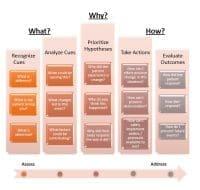


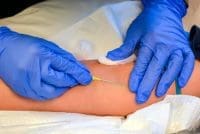

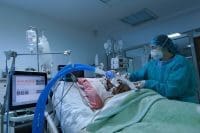
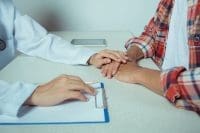
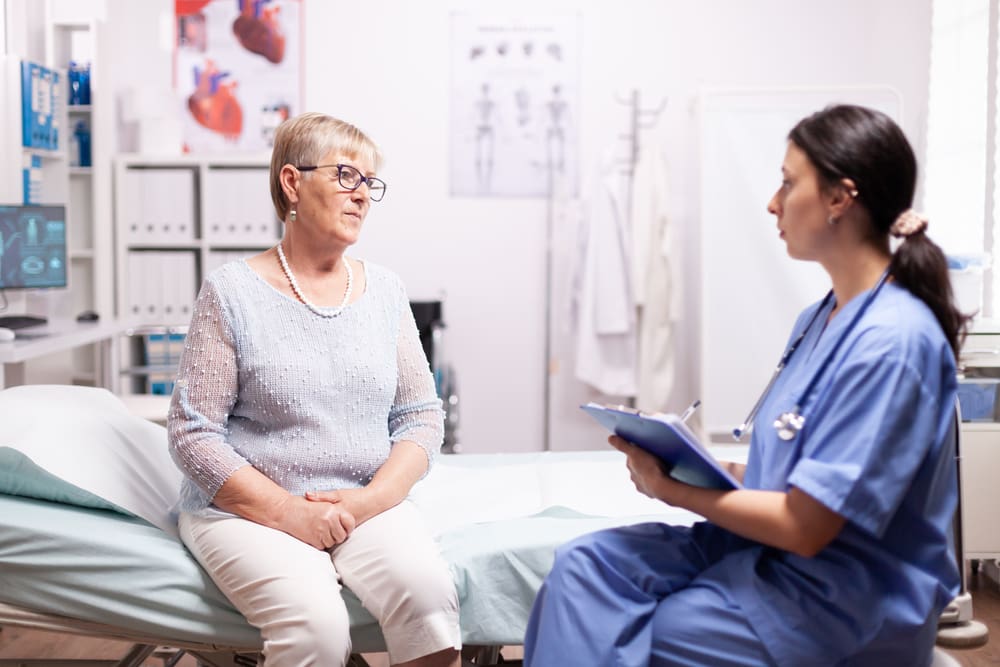


1 Comment. Leave new
Thank you Dr. LaMar! This is an excellent and timely article. In a world where communication replete with disinformation, uninformed or under-informed position statements, repetition of baseless and unsubstantiated data, and even personal opinion in the veil of authority, are accepted as valid rather than questioned, we as nursing professionals should responsibly educate through our comments. Question validity of statements. Critically reflect on the evidence on which the position or statement is founded. Among the elements of our professional role and ethical responsibility is that of educator. We are tasked to ensure that non-medical individuals understand aspects of principle and practice that impact them. We are the translators of information and stewards of patient understanding. We are the trusted. And we have an obligation to correct misinformation in postings that are misleading or not based in science.